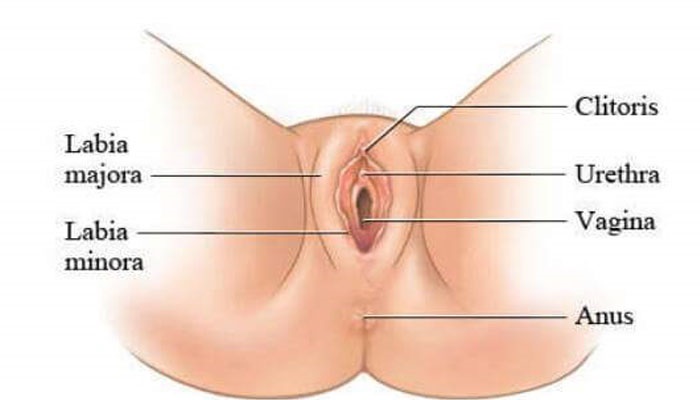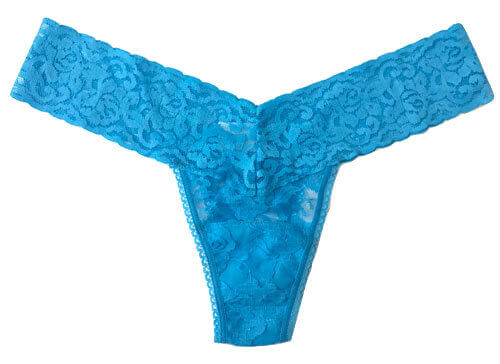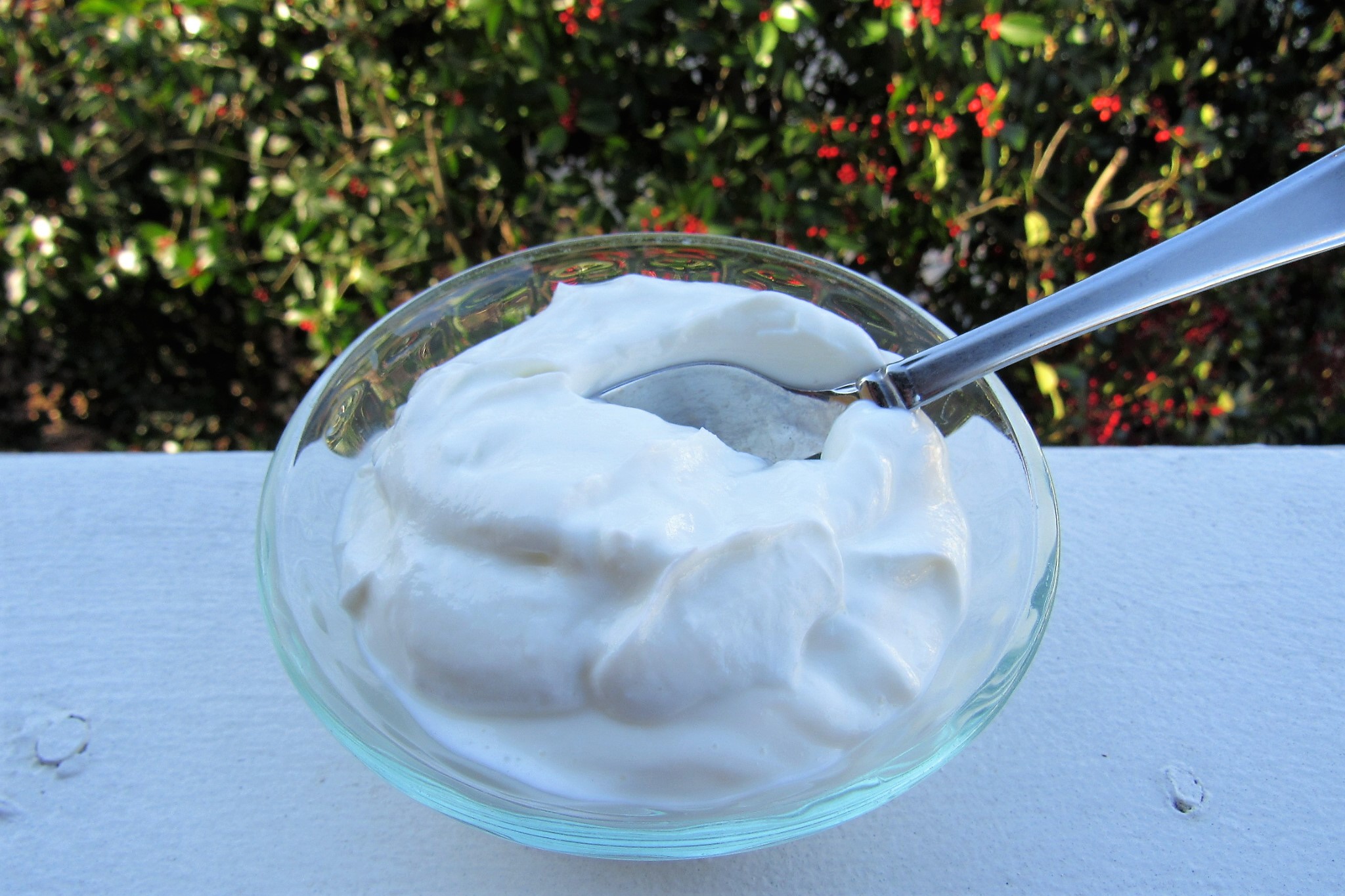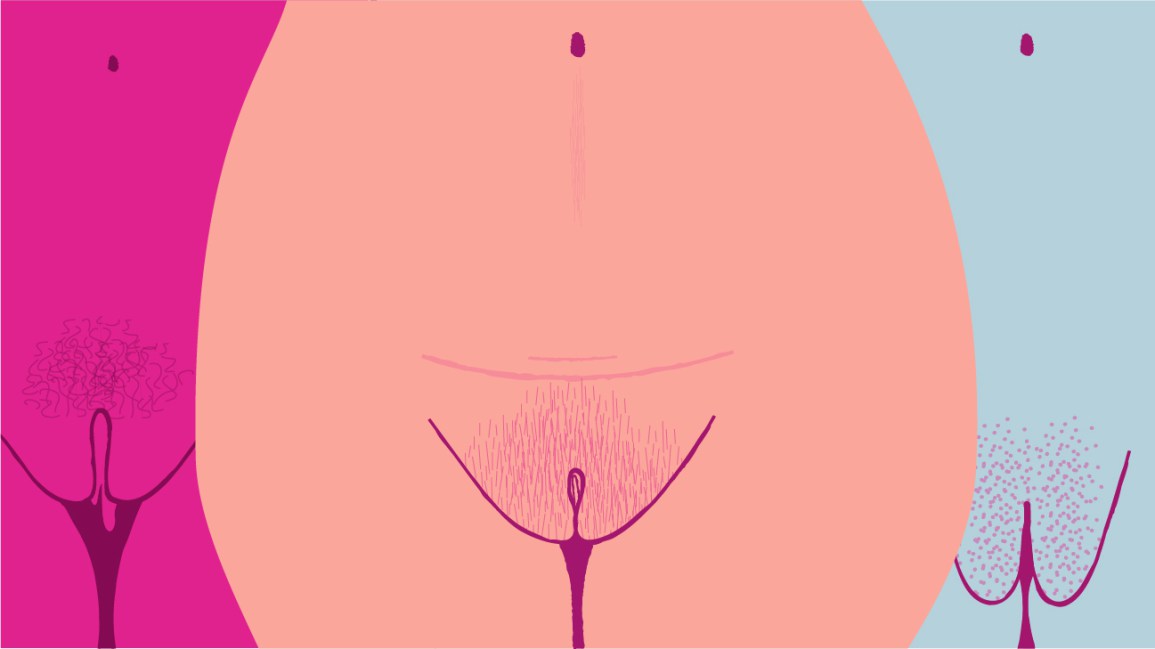The vagina is an elastic, muscular canal with a soft, flexible lining that provides lubrication and sensation.Â
The vagina connects the uterus to the outside world. The vulva and labia form the entrance, and the cervix of the uterus protrudes into the vagina, forming the interior end.
The vagina receives the penis during sexual intercourse and also serves as a conduit for menstrual flow from the uterus. During childbirth, the baby passes through the vagina (birth canal).
Below are facts PrimeNewsGhana have gathered about what every woman must know about her vagina.
1. While many people use “vagina†to refer to the whole below-the-belt area, inside and out, the term refers specifically to the muscular canal connecting the cervix (aka the lower part of the uterus) to the outside of the body. All the external parts of your reproductive system are properly called the vulva. The vulva includes:
*Labia majora: The fleshy, hair-covered outer folds.
*Labia minora: The, inner lips which cover the vaginal opening. These can be very small, or they can extend beyond the labia majora. It’s also common for one lip to be longer than the other.
*clitoris: The nerve-rich nub at the top of the vulva, crucial to orgasm and sexual pleasure.
Â

Â
2. The Vagina is self-cleansing
You should not put anything in the vagina to clean the actual inside. That means that no douching, no scrubbing inside, and definitely, no scented products inserted into your vagina. And forget all the sprays, perfumes, and other products designed to cleanse the vulva: Our culture is obsessed with the gazillion products out there for the vaginal area, but you really don’t need anything other than soap and water.
3. The Vagina is full of bacteria
One very important reason not to douche is that there is a very delicate balance, a significant ecosystem of yeast and bacteria that are supposed to be there and stay in balance.Dr. Douching disturbs the balance of microbes in your vagina along with its natural acidity, potentially leading to the growth of harmful bacteria. In fact, douching has been linked to infections (such as bacterial vaginosis, yeast, and even pelvic inflammatory disease) as well as vaginal irritation.
4. The vagina is not supposed to smell like flowers
Some odour down there is perfectly normal. Your personal scent is unique and may vary according to your menstrual cycle, your diet, even how hydrated you are. That said, any foul odour or smell that’s unusual for you is worth a visit to your obstetrician\gynecologist, to check for infection.Â
5. The Vagina needs to breathe
A moist, warm environment can breed yeast and bacteria, so stick to underwear and clothing that provides your vulva with a little airflow. Cotton panties are recommended for women rather than those made of nylon. Thongs or V-strings are fine as long as they aren’t causing chafing or irritation.
Â
Â
Â

Do not wear panty liners or pads 24/7 if you don’t need them. They don’t allow breathable conditions. Sleeping without anything on your bottom is recommended for women since it enhances the free flow of air on the Vagina.

6. The Vagina gives alerts when you are fertile
At the top of your vagina is your cervix, the lower end of your uterus. Secretions produced by the cervix (called cervical mucus) change in consistency throughout your cycle as your hormone levels rise and fall. If you pay close attention to your cervical mucus, you can avoid or engage in sex at the right time to conceive.
You can check by looking at the toilet paper after you wipe, or by inserting a clean finger into your vagina. You’re looking for what’s known as egg white cervical mucus, or EWCM, a stretchy, slippery consistency. Along with taking your body temperature each day, checking your cervical mucus is one of the methods used in natural family planning
7. Vagina itching does not mean you have a yeast infection
There are a lot of things that can cause an itch that isn’t a yeast infection. That could include chafing from your clothing, irritation from shaving, or a product (like laundry detergent or soap) that the sensitive skin on your vulva is reacting to.
And discharge and discomfort can be caused by other types of vaginal infections, including bacterial vaginosis (which typically comes with a foul-smelling discharge plus irritation and burning) and sexually transmitted infections like trichomoniasis. Consult a doctor before you use an over-the-counter medication, the wrong treatment can actually make things worse.
8. Vaginal infection cannot be treated with yoghurt
To natural-medicine fans, neither eating yoghurt nor dabbing it on your nether parts have been proven to prevent or cure yeast infections. However, some women do find that when they have that itching, putting yoghurt on the area does feel quite soothing. It’s cool and calms down the itch. It’s not going to hurt. But remember, it’s not going to treat the yeast infection. If you try it, make sure to stick to plain, unflavored, unsweetened yoghurt; extra sugar can actually feed the growth of yeast.

9. The Vagina is not just a hole
The vagina is what experts call a “potential space,†which means it’s not open all the time. The walls are collapsed on each other. You’re not walking around with a gaping hole in your body. Yet it can also stretch and widen during sex or childbirth to accommodate fingers, toys, a penis, or even a baby.
10. Be careful what you put in the Vagina
Do not put things in it that you can’t get out. That includes whipped cream, honey, sugar, or any other sticky or sugary food items. It’s a setup for infection because it’s totally going to change the environment of the vagina. Yeast loves sugar, so you’re probably going to get an overgrowth of yeast, and it may change the pH as well.
11. There is a solution for vaginal dryness
One of the main causes of vaginal dryness is low estrogen. Whether you’re nursing or perimenopausal or menopausal, a lack of estrogen has a direct effect on your vaginal tissue. The tissue becomes much less elastic, much thinner, more prone to injury. That can lead to uncomfortable sex and increase your chances of developing a UTI. Luckily, there are plenty of options to treat dryness: Vaginal moisturizers, such as replens, are used day-to-day to help ease and prevent dryness.
Lubricants, whether water-based or silicone-based, can be used at the moment to help keep things more comfortable during sex. (Here are five(5) types of lube to know about) And for some women, doctors may prescribe vaginal estrogen, which eases symptoms without putting as much estrogen in your bloodstream as oral estrogen treatments.
12. Sex helps the vagina stay healthy
 Sex keeps the vagina alive and lubricated, especially as women get older and estrogen goes down. Sexual activity keeps blood flowing down there and decreases some of the changes that you get with menopause. And in fact, all kinds of sexual activity can be helpful.

Â
13. Women are vulnerable to STD's than men
 Having a vagina makes you more capable of getting a sexually transmitted disease (STD) than a person with a penis. That is because the thin lining of the vagina allows viruses and bacteria to pass through more easily than the tougher skin of the penis.
14. Having a baby does not ruin your vagina
The vagina has the capacity to stretch beyond imagination. And it’s the only organ in the human body that has this capacity to stretch like that but then snap back into shape. So your vagina is not shot just because you have a large baby, or have sex with a large man, or use a large dildo. Even if things are a bit looser down there post-delivery, it shouldn’t affect sexual satisfaction, according to a study published in the International Journal of Impotence Research.

15. The vagina can be toned up
 Technically you can’t exercise the vagina itself. But you can strengthen the muscles of the pelvic floor, which support the pelvic organs (including your bladder and uterus) and wrap around the vagina and rectum. Doing Kegel exercises to work your pelvic floor can increase blood flow to the vaginal area and help you have more powerful orgasms, as well as improve bladder control crucial if you suffer from stress incontinence.
If you’ve suffered damage to your pelvic floor due to pregnancy and/or childbirth, and Kegels alone aren’t cutting it, your obstetrician\gynecologist, may recommend pelvic floor physical therapy, which can include electrostimulation or biofeedback. In some cases, surgery may be needed.






